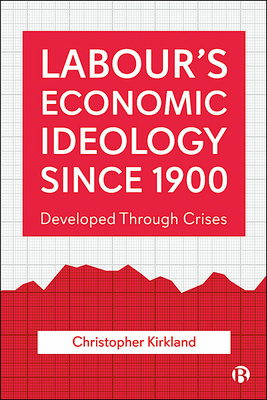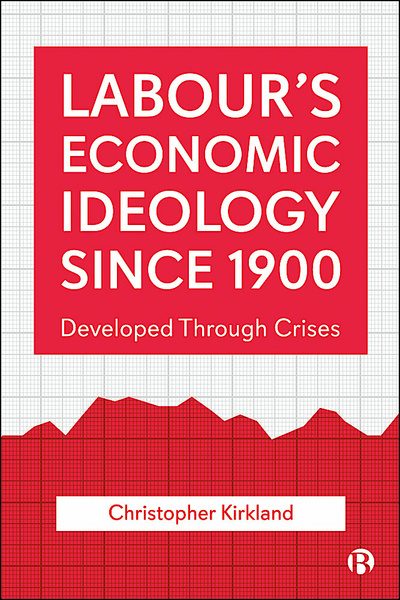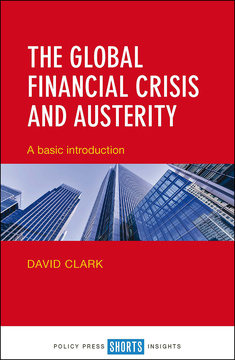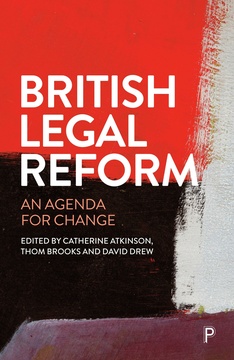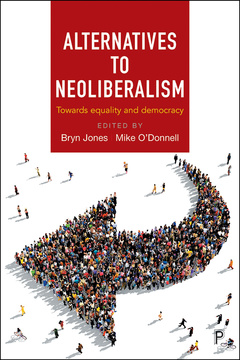Published
Sep 20, 2022Page count
206 pagesISBN
978-1529204315Dimensions
234 x 156 mmImprint
Bristol University PressPublished
Sep 20, 2022Page count
206 pagesISBN
978-1529204247Dimensions
234 x 156 mmImprint
Bristol University PressPublished
Sep 20, 2022Page count
206 pagesISBN
978-1529204322Dimensions
Imprint
Bristol University PressPublished
Sep 20, 2022Page count
206 pagesISBN
978-1529204322Dimensions
Imprint
Bristol University PressThis book traces the economic ideology of the UK Labour Party from its origins to the current day. Through its analysis, the book emphasises key crises, including the 1926 General Strike, the 1931 Great Depression, the 1979 Winter of Discontent and the 2007/2008 economic crisis.
In analysing this history, the ideology of the Labour Party is examined through four core themes:
• the party’s definition of socialism;
• the role of the state in economic decision making;
• the party’s understanding of inequalities; and
• its relationship with the trade union movement.
The result is a systematic exploration of the drivers and key ideas behind the Labour Party’s economic ideology. In demonstrating how crises have affected the party’s economic policy, the book presents a historical analysis of the party’s evolution since its formation and offers insights into how future changes may occur.
“This book offers a thorough and wide-ranging introduction to the development of Labour’s economic ideas throughout the entirety of the party’s history.” Richard Johnson, Queen Mary University of London
“Provides a penetrating analysis of Labour's changing economic ideas over the last century. Readable and incisive, Labour’s Economic Ideology Since 1900 charts the evolving influence of 'socialism' on the party's economic policy and programme. It is a 'must read' for all those with an interest in the past and future of British politics and the left.” Patrick Diamond, Queen Mary University of London
“Offers a useful introduction to Labour’s ideas, especially on matters of economic policy, providing a succinct synthesis of the existing research by a wide range of scholars of the party.” Eric Shaw, University of Stirling
Christopher Kirkland is Lecturer in Politics at York St. John University.
Chapter 1: Introduction: The Labour Party’s Economic Policy and Crises
Chapter 2: Taff Vale and the First World War
Chapter 3: Governing in Hard Times: The Second Labour Government and Need for a Coherent Economic Policy
Chapter 4: The Second World War, Reconstruction and Revisionism
Chapter 5: Testing the Labour–Unions Relationship
Chapter 6: The Advent of New Labour
Chapter 7: New Labour and the Global Financial Crisis
Chapter 8: Electoral Revision
Chapter 9: Conclusion







